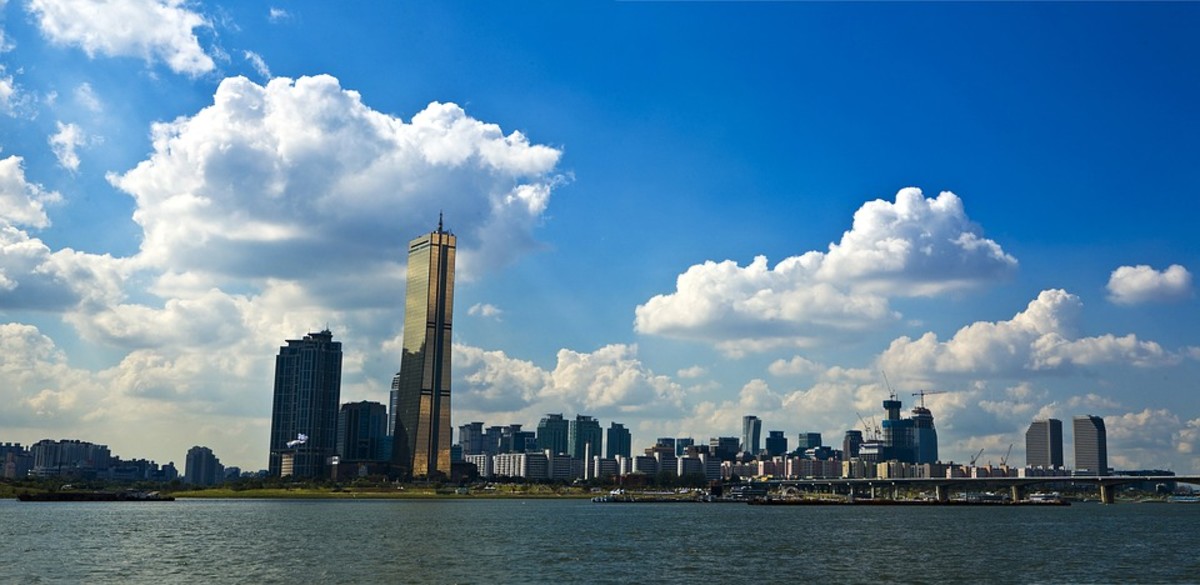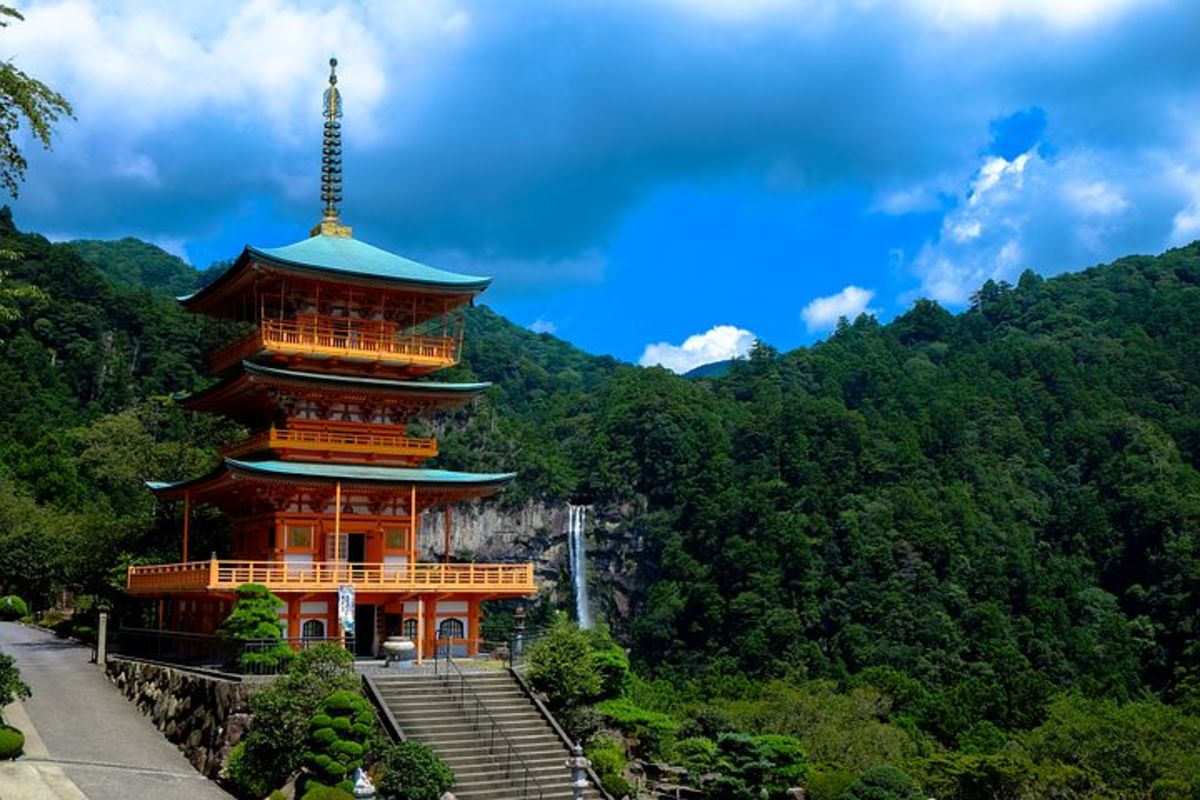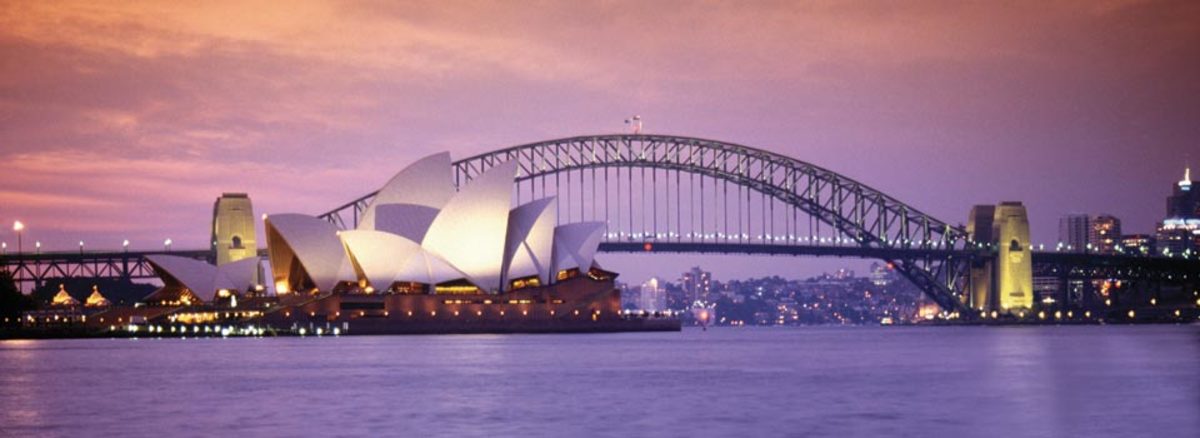Participating in Responsible Ecotourism - Traveling to Countries Without Harming the Local Environment
Participating in Responsible Ecotourism - its Environmental, Social and Economic Impacts
Ecotourism is not always practiced responsibly, especially in third world countries where some benefiters of the industry are not directly the people of that country. There has been some progress with UN intervention to set-up up global standards for the practice. I will discuss what ecotourism is, the issues that are being faced currently and how to ensure your travel is eco-friendly and positively affecting the country that you’re traveling to and its people.
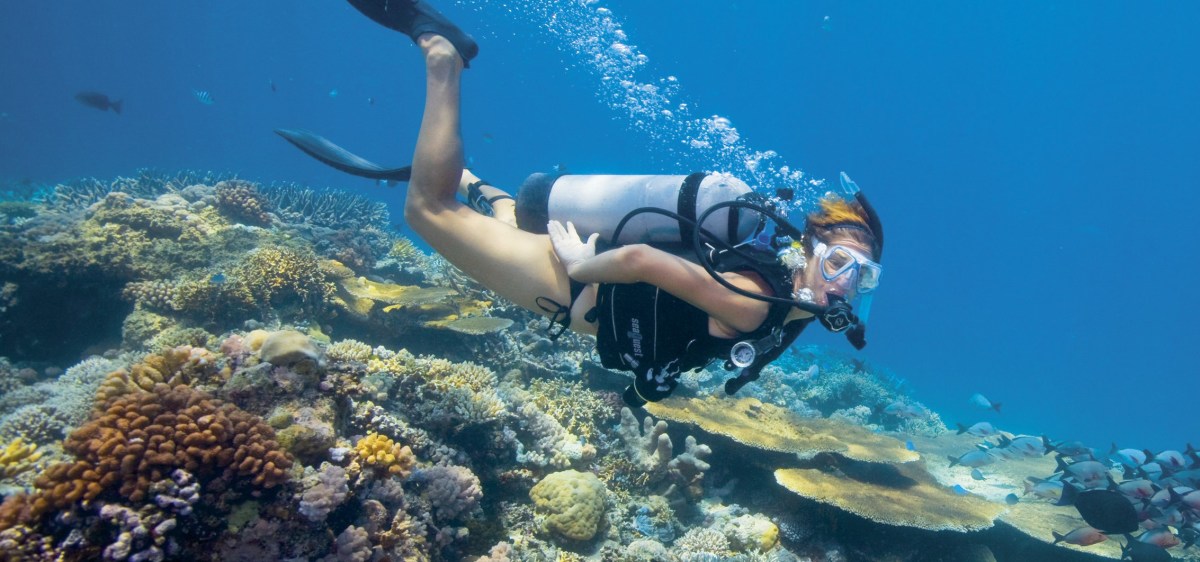
What is Ecotourism?
Ecotourism has many definitions. The term ecotourism was first introduced in the late 1980s and is often defined from a 1988 description, which states it as a type of tourism where travelers venture to relatively undisturbed, natural areas in order to admire or study the scenery and wildlife as well as the culture of that area. Later, Ecotourism was defined, given by The Ecotourism Society (1993), as environmentally responsible travel to natural areas, which conserves the environment and improves the well-being of local people.
Ecotourism is an environmental policy issue that spans globally and holds global challenges for those countries that host ecotourism, as well as those that have citizens that participate in ecotourism as a leisure or academic activity. Given this, the regulations and policies associated with the issue have to be regulated on many different levels – globally, such as with the influence of the United Nations (UN), nationally, and locally. All three areas are vital in the challenge of responsible ecotourism since its popularity expands to both developed and underdeveloped countries that all have different levels of capacity for hosting this tourism venture type. Ecotourism is a complex issue because the objective for an area can vary greatly and is often hosted by countries that are fragile both environmentally and economically.
There are two types of ecotourism, deliberate and circumstantial. Deliberate tourism is when a region is able to prepare for the influx of travelers and purposefully promote an unspoiled eco-site. Mass tourism is usually discouraged in this situation since it is inappropriate for the site because of the capacities of that particular region. Circumstantial tourism can be harmful since there’s no preparation for proper sustainability of the environment, the local culture or the economy while it’s being visited. There’s no deliberate promotion by that region for visitors. It can appeal to the traveler seeking an authentic, unspoiled experience of nature although the proper preparations and policy have not yet been implemented to protect that region.
Ecotourism hotspots includes the beaches of the Caribbean, Central America and South America as well as Thailand and Nepal’s mountainous regions. The other known ‘hotspots’ of ecotourism include the rainforest areas of Costa Rica, Belize, and the Dominica, as well as the wildlife safari parks of Africa.
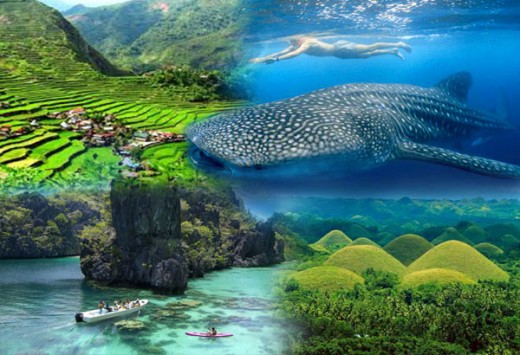
The History of Ecotourism
The Sierra Club hosted trips to see the nature they were working to preserve, taking long treks through the Sierra Nevada in the late 19th century. Teddy Roosevelt made conserving nature a large part of his presidency. From 1901 to 1909, he created the United States Forest Service (USFS) and established 4 federal game preserves, 51 federal bird reserves, 150 national forests and 5 national parks.
The backpacker trend of the 1960s began the youth quest for undiscovered destinations, though more so for exploring new cultures. The rise of travel guidebooks in the following decades began a snowballing affect. Remote seeking travelers finding an ‘authentic’ travel experience destination and then having it get exploited into commercial mass tourist attractions leading to these travelers wanting to seek even more remote, unspoiled destinations.
The International Ecotourism Society states the first true ecotourism businesses were created in the early 1980s as a result of research scientists conducting studies in coral reefs and rainforests. The rise of ecotourism is often referred to as an explosion. For example, by the late 1990s in the Osa Peninsula of the southwestern part of Costa Rica, visitors went from just a few thousand a year to over 20,000 by the year 2000. Costa Rica overall received 1 million visitors in the year 2000 and it was Latin America’s leading tourist destination at the time.
Following this burst in popularity of ecotourism and recognizing the increasing global importance, the UN declared 2002 the ‘International Year of Ecotourism’ with the World Tourism Organization (WTO) and the United Nations Environment Program (UNEP) organizing the international efforts and activities.
In 2010, the UN adopted resolution on the “promotion of ecotourism for poverty eradication and environment protection.” The resolution discusses how ecotourism can improve lives of those in the local communities while also protecting the biodiversity of the region. This is achieved by encouraging both the local people and tourists alike to preserve the natural area and cultural customs of the region.
Ecotourism Hotspots
Sun & Surf
| Adventure Travel
|
|---|---|
South America Beaches
| Beaches/Mountains of Thailand
|
Central America Beaches
| African Safaris
|
Caribbean Beaches
| Mountains of Nepal
|
South Pacific Beaches
| Australian Coral Reefs
|
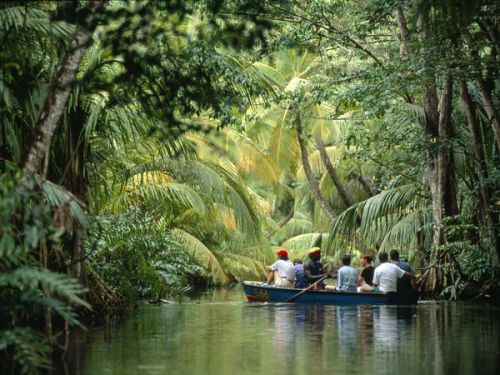
Ecotourism – Who is benefiting?
Stakeholders that are in support of ecotourism believe it’s an industry that is capable of boosting the countries economy, improving the quality of life for local communities, and lets the country flaunt their natural surroundings without causing harm to the environment. Government officials and nongovernmental organizations are mostly in support of ecotourism for these reasons. Ecotourism can even in some cases be used as a tool to assist in the conservation of endangered species and protection of the environment. Tourism also has the potential to increase awareness and appreciation for the environment and environmental issues. ‘Experiencing’ nature makes that visitor feel closer to the natural world and becomes invested in the protection and preservation of it so its able to be admired into the future for themselves and their children.
Critics argue, however, that ecotourism promotes social inequality and exclusions and can ultimately be harmful to the environment being visited. The political process could actually be harmful given the more powerful government entities desire to have access to land and natural resources, their disagreements on economic benefits, and false representations. The government can falsely represent the quality of living for the local people as well as the environmental state of the natural resources of the country; the ‘see what you want them to see’ strategy that could be harmful to local communities. Local people are found to be opposed to ecotourism since it allows those in power to reap a majority of the economic benefits while harming their local surroundings and hurting their quality of life. This may not be the case for all local people if there are those employed by the tourism industry thus being a job creator. However, the jobs need to be of a high level since more often than not the quality of jobs are inadequate.
Often, foreign ownership of an ecotourism industry of a particular country can occur which steals all economic benefit to that country. Monitoring issues often are debated since ecotourism promotes the visitation to remote areas and thus, without proper monitoring and regulation, can result in the stealing of artifacts and fossils, or damage to delicate agriculture or ecosystems which ultimately harms the local people.
Label of “Ecotourism Certified”
Many tour companies started labeling themselves “eco” or “green” after the tourism boom of the 1990s and governments started labeling their destinations ‘ecotourism sites.’ The International Ecotourism Society points out that the term used for promotion sometimes doesn’t come with any of the most basic principles of actual ecotourism.
There are some international groups, however, that can be more trusted in their branding of ecotourism. Non-profit conservation groups in different regions label tour companies as certified for ecotourism or sustainable travel practices. Some of the companies include Ecotourism Australia that gives an “ECO Certified” designation, the Hawaii Ecotourism Association that gives a “Sustainable Tourism Certified” designation, or the more global “Rainforest Alliance Certification” that has been recognized by the Global Sustainable Tourism Council (GSTC). They all have in common that each approved travel group, destination or product needs to meet strict eco-friendly guidelines.
Possible Solutions to Ecotourism Concerns
There are things that a savvy travel can do to avoid having their eco-tourism experiences hurt local people in the country their traveling to and there are groups trying to alleviate these issues.
At the United Nation’s hosted World Ecotourism Summit in 2002 there were some solutions presented. Branding ‘Ecotourism’ and giving it a strict definition so that if not adhered to, the local attraction would not be able to be labeled as such. A larger global entity such as the UN could define it and each region, activity, or site would have a stamp of approval from that entity. Tourists could then be given unbiased knowledge to responsibly visit those approved areas. Stricter regulations that all governments must adhere may be necessary. This would include but is not limited to providing proper funding to protected areas and to those organizations maintaining them, encourage participation and employment of local people, and include all stakeholders in the early development of policy. These guidelines would be applicable to all government entities and includethings such as land use appropriation and visitor management techniques. Creating a planning framework for protected areas would be mandatory and possibly would require approval.
Some researchers suggest an international collaboration that involves developing a system of designation to ecotourism sites, similar to the UNESCO World Heritage Site designation system. The criterion needs to be developed with the input of several stakeholders including policymakers, local people, and the scientific community. Monitoring is an important aspect to ensure criteria continues to be met in order to be deemed an ‘eco site’ and all parties are still benefiting from the transactions. The World Tourism Organization (WTO), a private entity, has been enlisting companies that carry this title and offer certifications but it is strictly voluntary.

The Responsible Remote Traveler
Overall, there are many benefits to underdeveloped countries that an ecotourism industry can bring. As long as local people and their surrounding natural environment is not harmed along with the promotion of tourism and implementation of ecotourism policy. There is still more that needs to be done on the international level to ensure these precious and often vulnerable areas are not being exploited so to preserve these ecological environments today and into the future.
While these policies are still underway in certain areas, those traveling can do their own research prior to leaving for a trip to ensure the local government entities aren’t gaining benefits from the travels while hurting local people. They can also ensure they are booking excursions with local companies and not foreign companies that may be exploiting that home country. Research any environmental related excursion companies before booking with them to ensure they are supported by local people, backed by local environmental organizations, and follow local law related to protecting the environment.
Ecotourism can be seen as a much more environmentally and culturally friendly alternative to some harmful practices of the mass tourism industry. However, to protect those fragile countries that are likely to be labeled as ‘eco-sites,’ certain regulations should be developed to protect the people of a region and its natural areas. This kind of protection also allows travelers to visit these places without guilt for imposing possible harm while still being able to have the kind of adventure travel they seek: exploring the unexplored, seek out new cultures and exotic food, and becoming one with nature responsibly.

